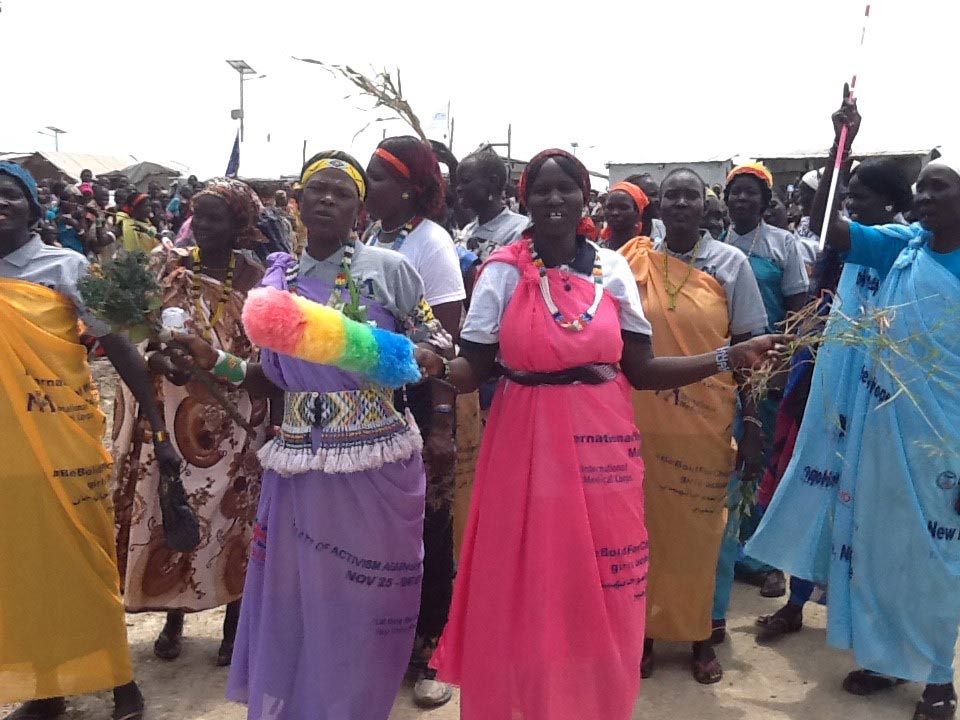It is estimated that one in five people are affected by depression and anxiety in humanitarian emergencies and ongoing conflict. Yet, mental health services are often non-existent or not accessible. In fact, four out of five people with mental disorders do not receive care in low and middle income countries.
As one of the few international relief organizations to prioritize mental health and psychosocial needs in humanitarian crises, we’ve played a leading role in integrating mental health and psychosocial services into humanitarian response. We have the capacity to respond to immediate needs and then, as communities recover and develop, we begin to focus on the longer term to help strengthen mental health care systems.
Take a look back at how our programs around the globe marked World Mental Health Day this year, and our teams who are challenging stigma, one mental health celebration at a time.
SOUTH SUDAN
In South Sudan, International Medical Corps remains an active, leading partner in the implementation of Mental Health and Psychosocial Support (MHPSS) to the affected population in three main locations: Malakal, Maban, and Akobo. This year’s WMHD celebration was marked by different activities educating the community about this year’s global theme: “Mental Health in the Workplace.”
This day aimed to provide individuals and employers with information about how they can support self-care and wellbeing; address the negative attitudes and prejudices associated with mental health in the workplace; empower individuals and employers to take actions that promote mental health resilience; and spread the understanding of employment practices that support good mental health.
Our staff used different activities, such as folk songs, traditional dances, drama, and sports, to help people better understand the meaning of mental health and mental health in the workplace. Speeches were also given by stakeholders like religious leaders and health & protection professionals to provide information to the 15,000 people who were present for this very meaningful celebration.
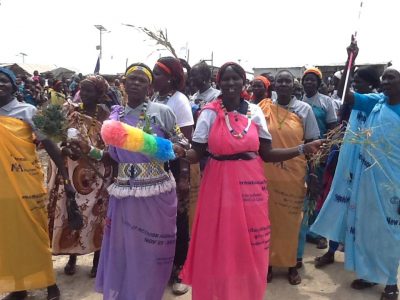
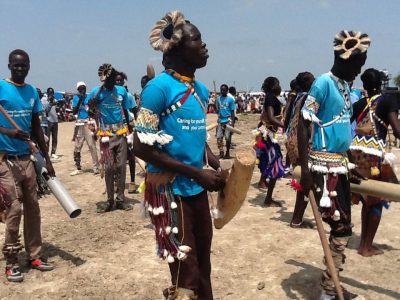

ETHIOPIA
Somali refugees in Dolo, Ethiopia have fled conflict, violence and severe drought conditions. We help integrate mental health services into primary healthcare provided in refugee camps. Depression is one of the most common mental disorders among the refugees in our program.
Through a World Mental Health Day march and speeches given by International Medical Corps and UNHCR representatives, we were able to promote mental health and share key messages advocating for favorable conditions in the work place. Information shared through a role play demostration highlighted how to support employees who are struggling with mental illnesses.
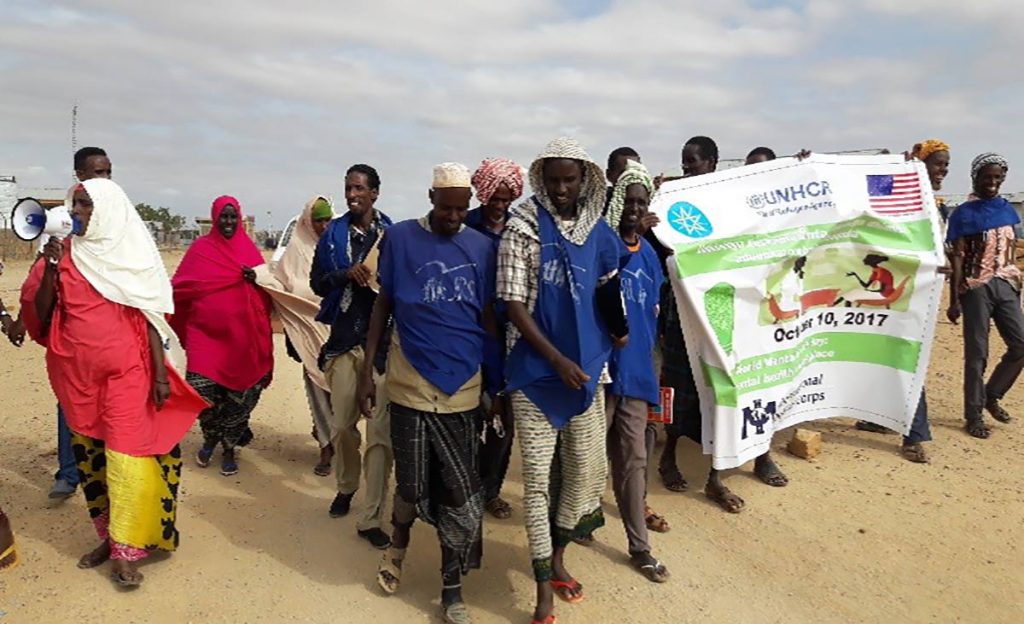
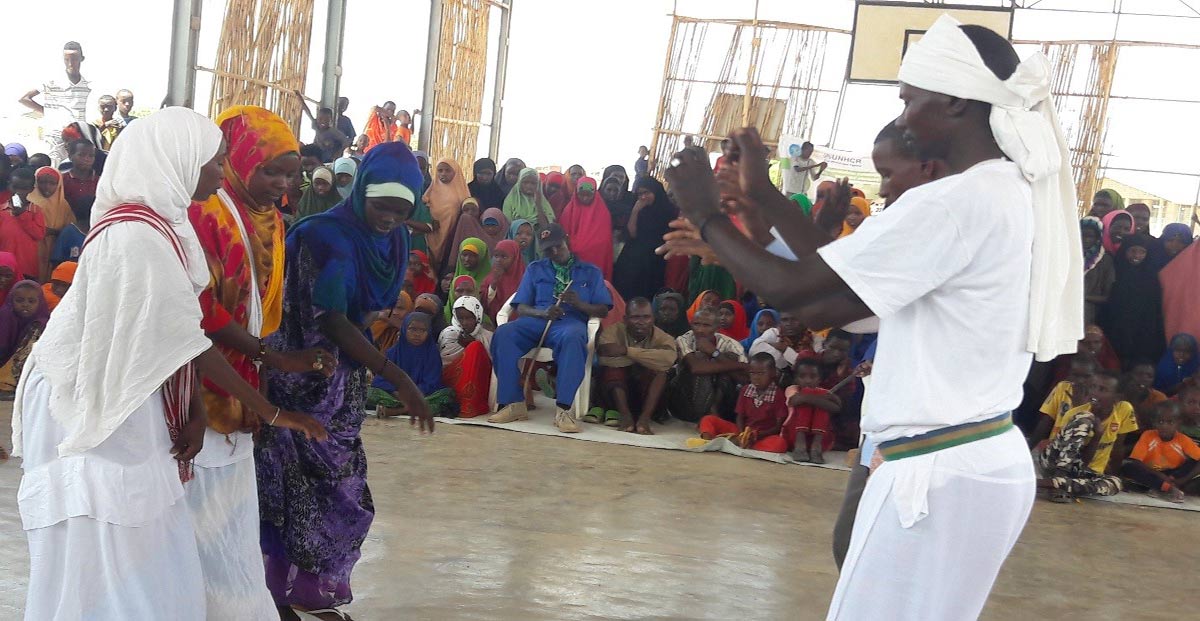
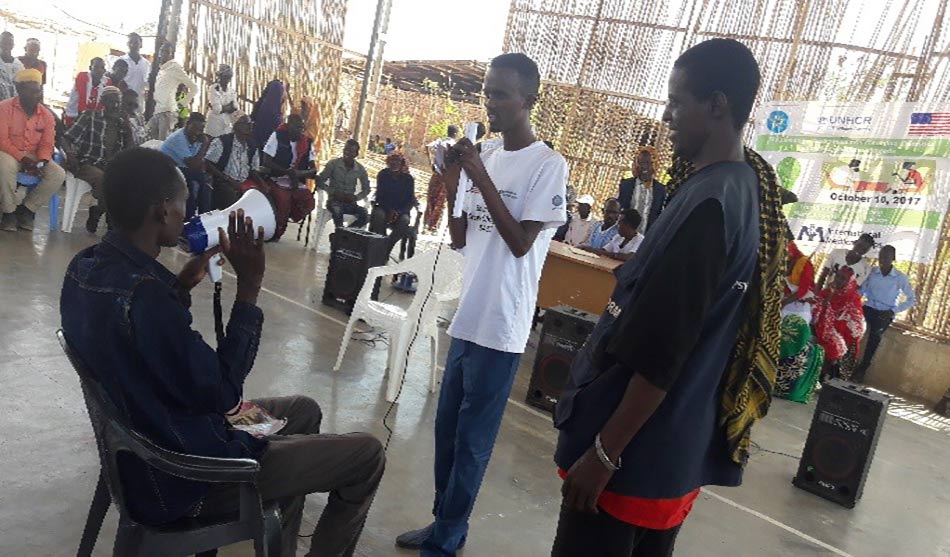
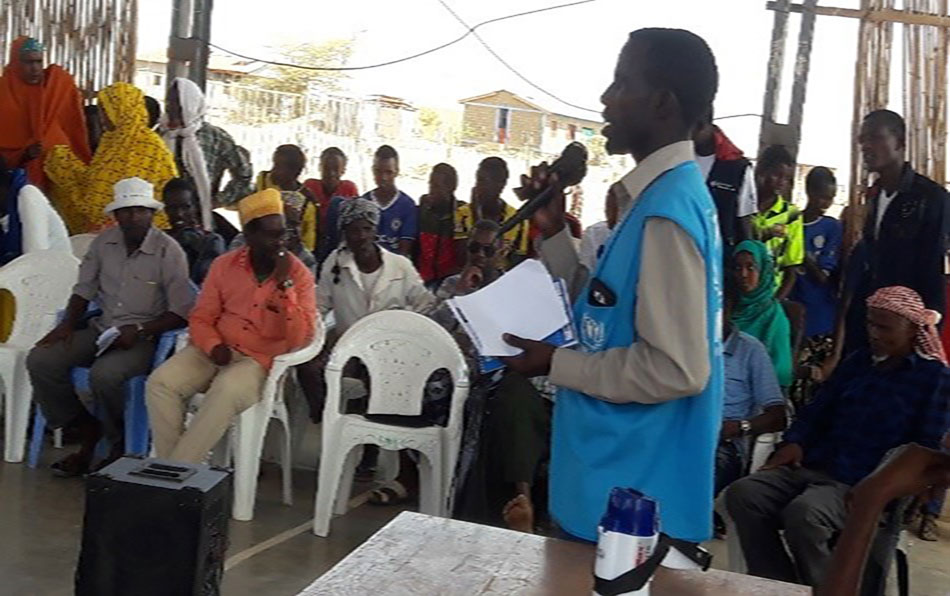
JORDAN
The psychological toll on Syrian refugees is immense. Forced from their homes by war, many have experienced extreme levels of violence and loss. In Jordan, they face pressures to start again in a country that is not their own, uncertain of if and when they will return to Syria.
Our team in Azraq Camp, Jordan celebrated World Mental Health Day by teaching relaxation techniques to help reduce stress in the work environment. The main even took place in the CARE Center Village, using music and drama to promote mental health.
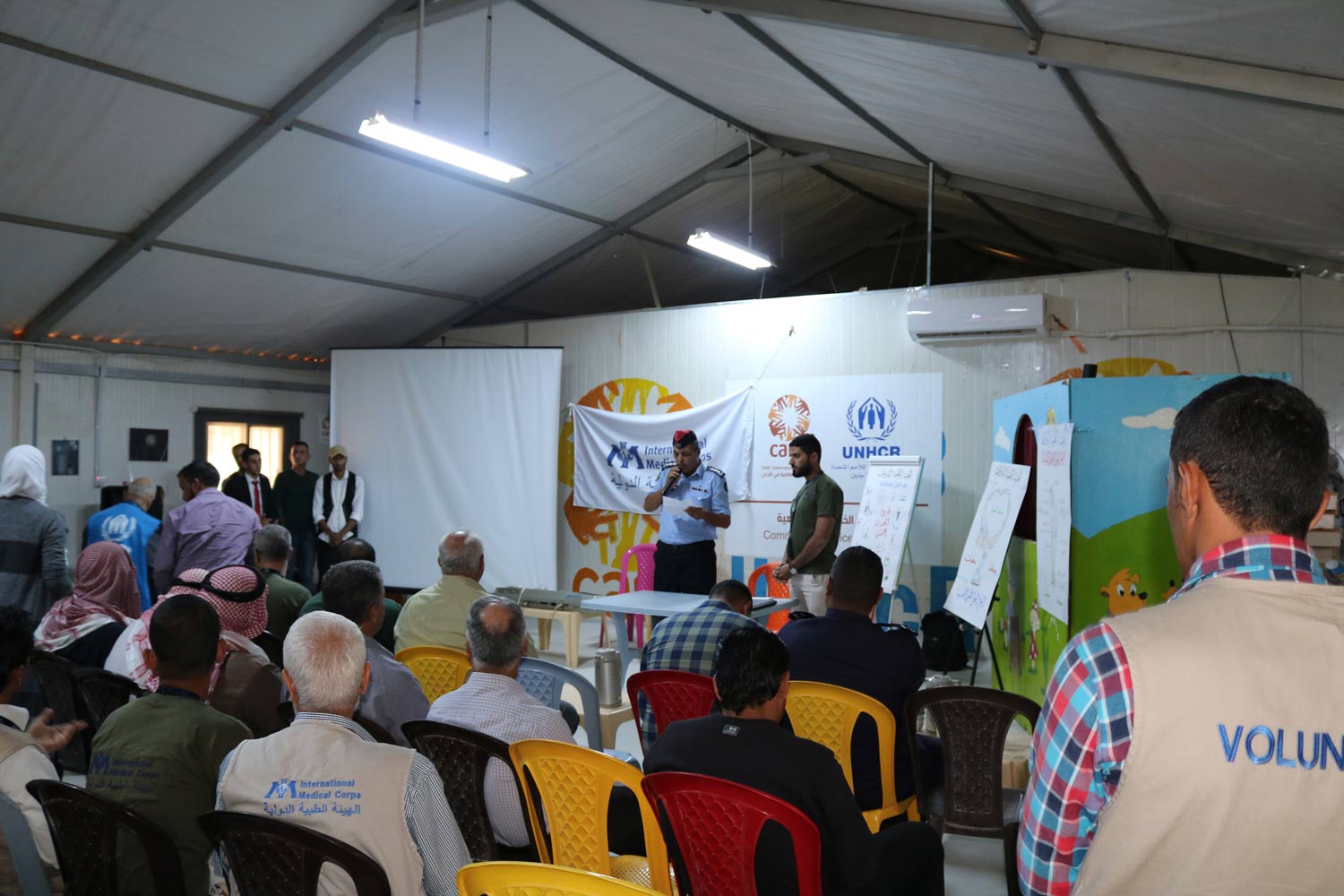
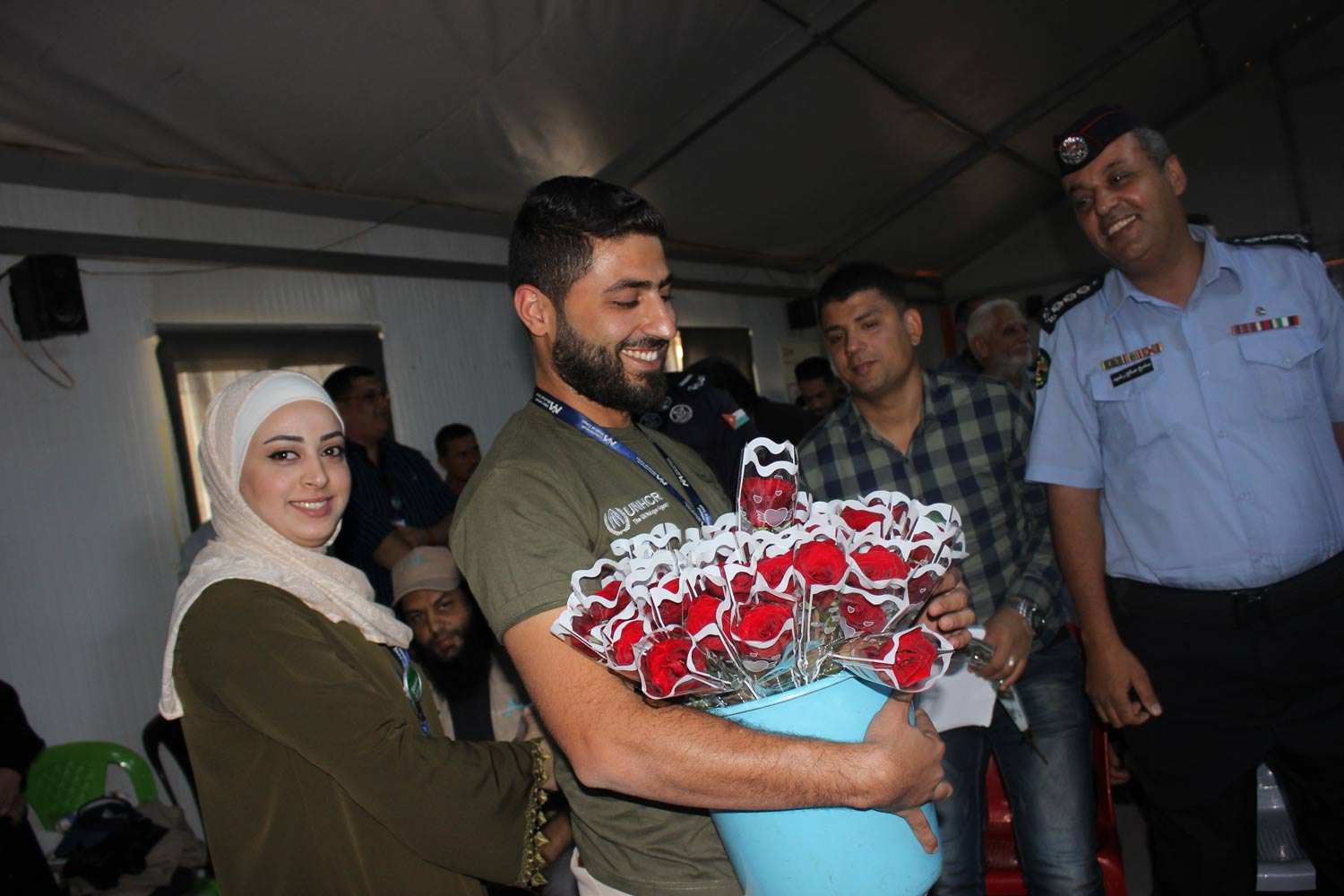
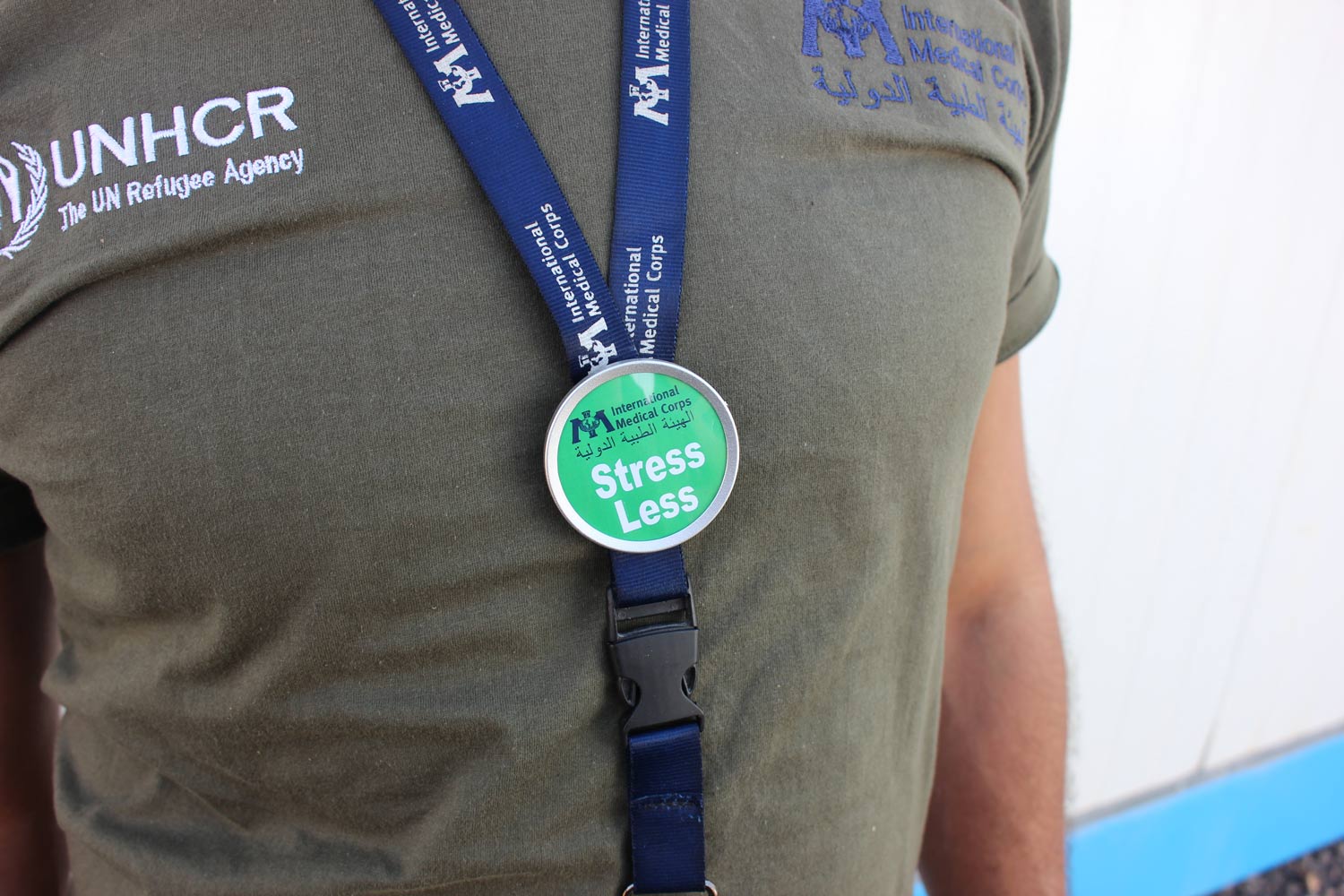
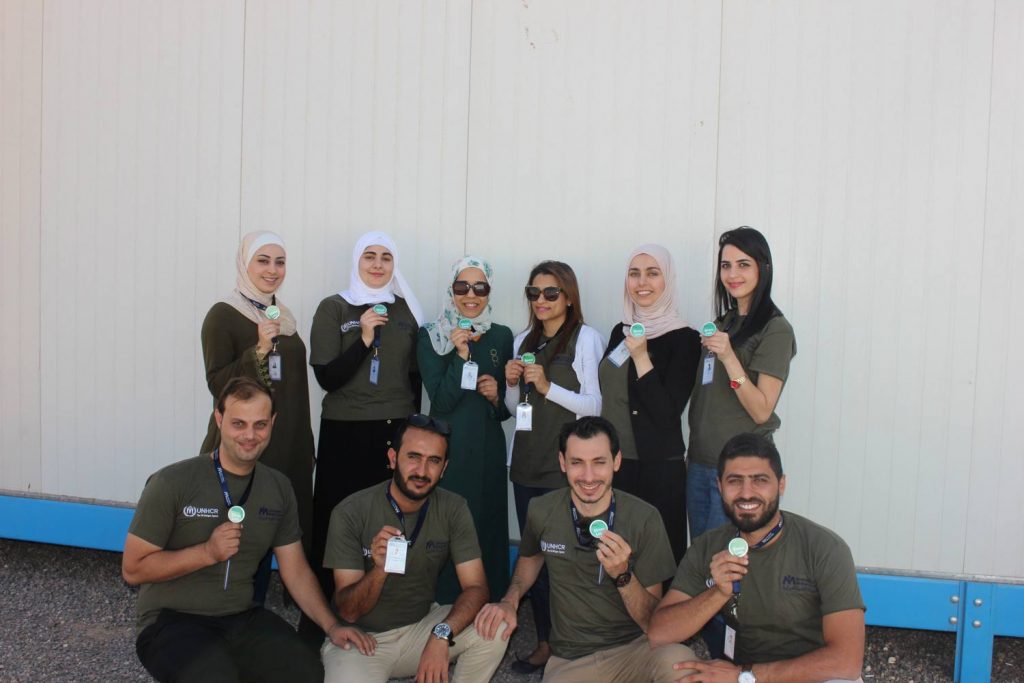
LEBANON
We support Syrian refugees in Lebanon in dealing with stress and common mental health issues, often brought about by war and displacement. We also help the Lebanese host community deal with the strains that this crisis has placed on the local community. Mental health care is a basic human right; however, it is often not seen as a priority in some areas due to lack of awareness and stigma.
In Bekka, our World Mental Health Day celebrations started with an ice breaker activity in which participants reflected on their present emotions and thoughts. The activities focused mainly on discussions and role play activities that demonstrated two important sources of stress in the workplace: poor communication and limited employee participation in decision making.
In Barja, activities for the International Medical Corps staff included discussions about symptoms of depression. Concluding with participants sharing the most challenging and rewarding aspects of their jobs and self-care tips.
The activities for our staff in the North of Lebanon included general presentations about mental health, an open discussion on good mental health in the workplace, what that looks like in practice and conducted a brainstorming session on healthy workplaces.
SYRIA
Syrian families have been exposed to extreme levels of violence as a result of the war and have often lost loved ones, livelihoods, and homes. International Medical Corps integrates mental health and psychosocial support services into its health care services so that people also have the emotional and psychological care they need. Our team wanted to increase awareness around mental health and mobilize efforts to support mental health and psychosocial support.
The psychosocial support team hosted a World Mental Health Day celebration, which included recreational activities and information on how to reduce stress related to work. Participants also learned how to convert negative energy into positive energy in order to reduce pressure and stress caused by a bad work environment.
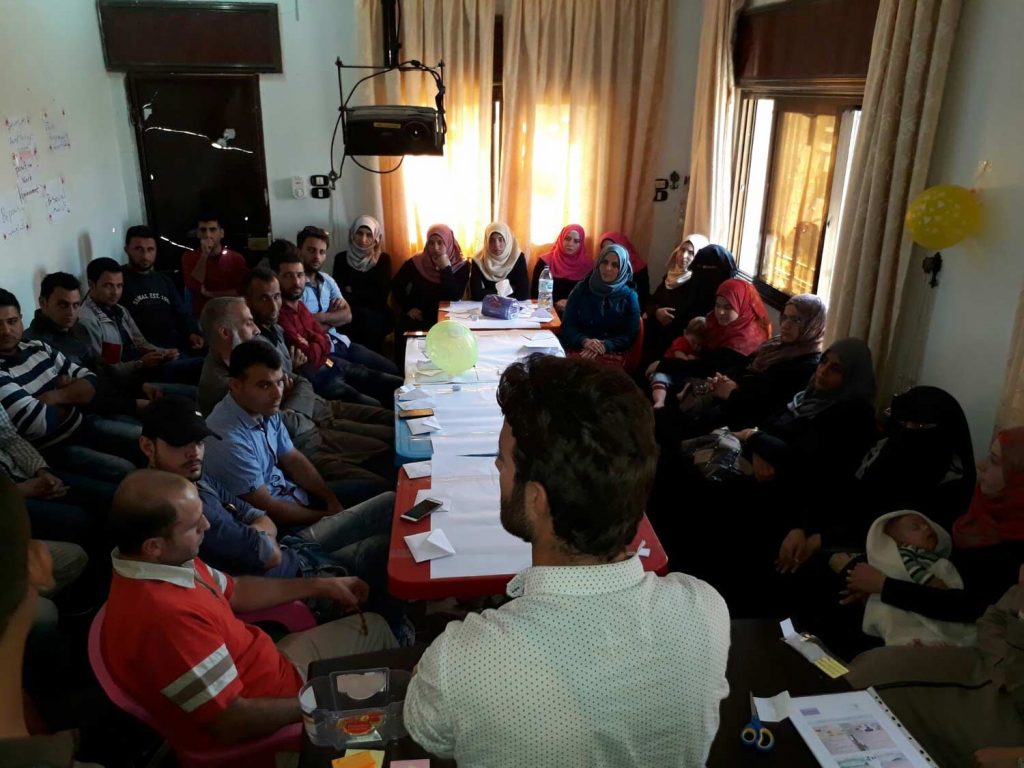
Additional activities focused on the social and psychological factors that can negatively affect employees, such as working inefficiently and low compensation, instability in work and working in an unsafe work environment. Participants learned that all of these things can lead to stress, and might even affect physical health. The team also talked about the importance of mental health and how to manage psychosocial stressors related to work and conflict environment.
During the activity, interactive questions included discussions about the context of mental health in the workplace, including the support needs of staff, promoting positive mental health in the workplace, and some useful tips for a good working environment.
